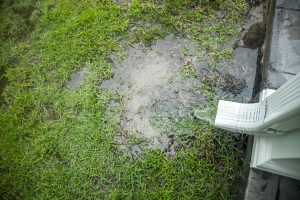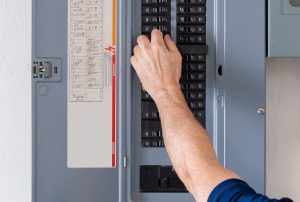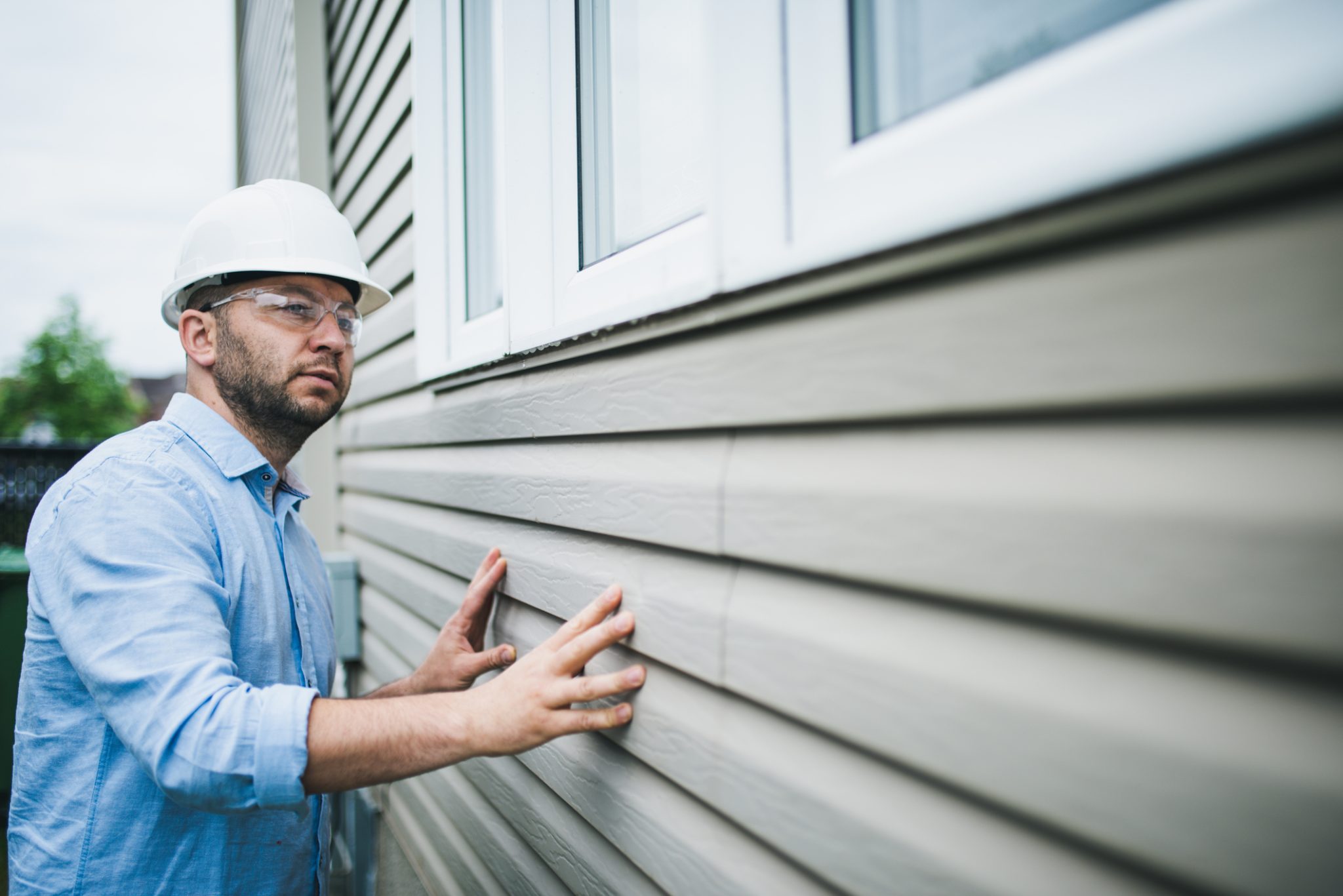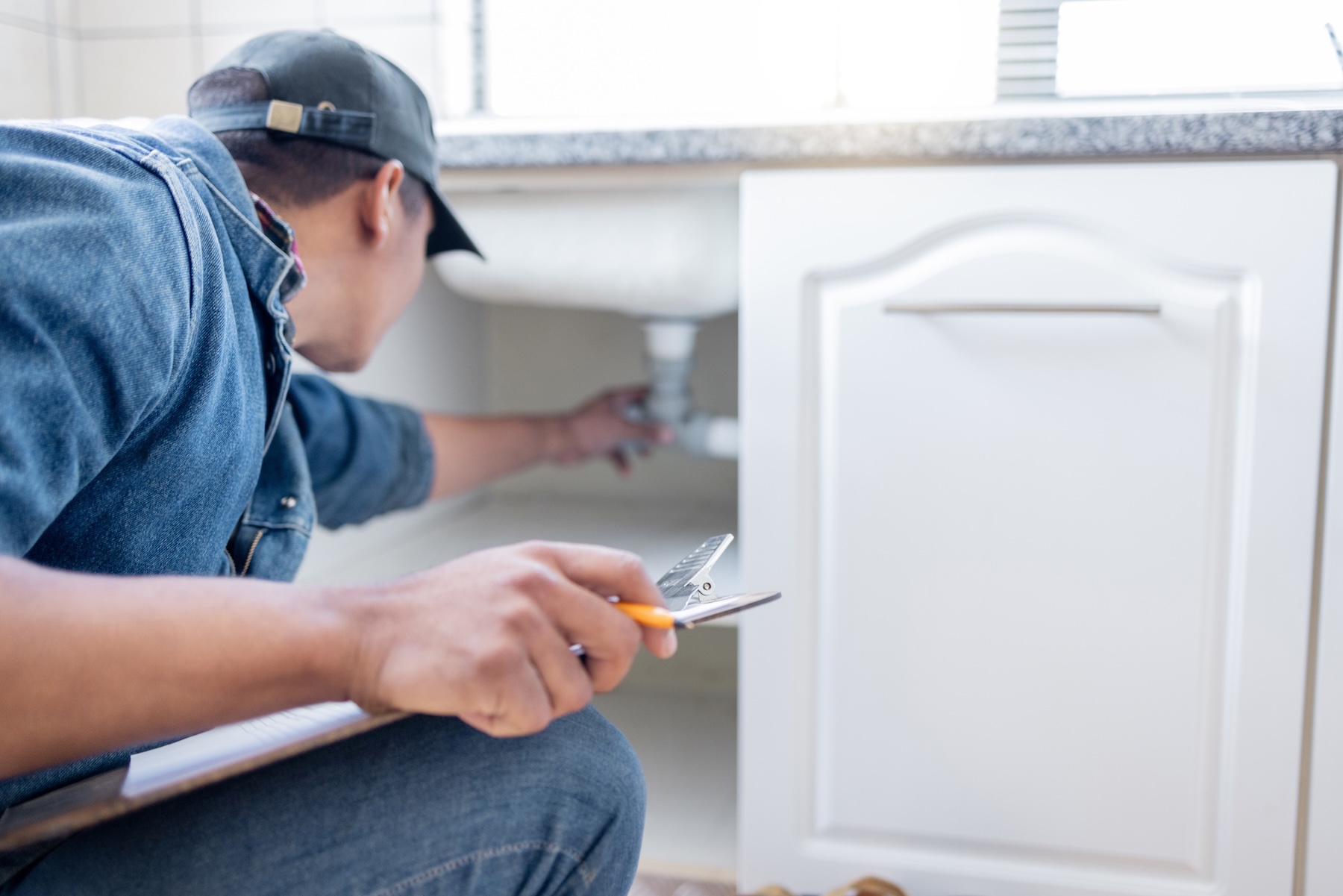The Most Common Home Inspection Issues Found in Louisiana Homes
Louisiana’s rich culture and stunning architecture captivate both residents and visitors alike. But beneath the charm of its historic structures lies a reality that many homeowners face. The state’s unique climate, soil composition, and older construction styles present challenges that can affect the safety and longevity of homes. Every experienced Louisiana home inspector knows that catching these potential issues during a home inspection is vital — not just to protect the buyer’s investment, but also to ensure the safety of the people living there. Explore some of the most common issues uncovered during Louisiana home inspections, why they occur, and why addressing them promptly matters for everyone involved.
Common Issues Found by a Louisiana Home Inspector
1. Foundation Issues
Louisiana is known for its alluvial, clay-rich soil, which is prone to shifting and expanding when exposed to moisture. Add heavy rainfall and frequent flooding to the equation, and you have a recipe for foundation problems. Over time, the ground beneath a house can destabilize, leading to cracks, sagging floors, and shifting walls.
Signs to Look For:
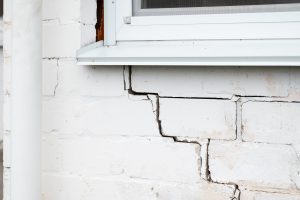
- Cracks running diagonally across walls or near doors and windows.
- Uneven or sloped floors that may feel like they’re “pulling” in one direction.
- Doors and windows that don’t open or close smoothly.
Why It Matters: Foundation issues can compromise the structural integrity of your client’s home, putting the entire property at risk. Left unchecked, these problems could worsen and require costly repairs, sometimes running into tens of thousands of dollars.
Should They Fix It Now or Later? Early detection can save homeowners both time and money. Minor cracks or uneven areas might only need monitoring, but significant foundation damage often requires immediate action such as piering or slab-jacking to restore stability.
2. Plumbing Problems
Many homes in Louisiana, especially older ones, still use outdated plumbing systems like galvanized steel pipes. These materials corrode over time, reducing water pressure and leading to leaks that cause water damage. Louisiana’s humid environment can exacerbate plumbing problems, often encouraging mold growth around undetected leaks.
Signs to Look For:
- Water stains or pooled water around sinks, toilets, or ceilings.
- Discolored water from faucets, which could indicate rusted pipes.
- Damp or spongy spots on floors or walls.
Why It Matters: Beyond increasing water bills, undetected plumbing issues can lead to rot, mold, and even compromised structural components such as joists. Mold, in particular, poses serious health hazards and can call for expensive mold remediation services.
Should They Fix It Now or Later? Are you or your clients noticing leaks, discoloration, or significant corrosion? They should fix these issues immediately before water damage worsens. Smaller maintenance concerns, like re-caulking around fixtures, can wait briefly but shouldn’t be ignored for too long.
3. Drainage Issues
Louisiana’s reputation for heavy rainfall is no exaggeration. The state’s average yearly rainfall is 57.05 inches. Homes here need excellent drainage systems to withstand repeated downpours, but all too often, they fall short. Improper drainage usually results from poor grading around the foundation or clogged or inadequate gutter systems.
- Pools of water that collect near the home after rain.
- Erosion of soil near the foundation.
- Moisture or water stains along basement walls.
Why It Matters: Water that isn’t directed away from the home seeps into the foundation or crawl spaces, leading to structural damage, rot, or mold. Poor drainage also accelerates soil erosion, potentially destabilizing the foundation even further.
Should They Fix It Now or Later? Homeowners should address drainage promptly by installing measures like French drains, repairing gutters, and re-grading the yard to slope water away from the home.
4. Aging HVAC Systems
Given Louisiana’s hot, humid summers and cooler winters, HVAC systems are crucial for safe, comfortable living. Unfortunately, older systems in many homes are inefficient and prone to failing just when they’re most needed.
Signs to Look For:
- HVAC systems that struggle to maintain a consistent temperature throughout the home.
- Odd noises like clanging or humming when the HVAC cycles on or off.
- Higher-than-usual energy bills, even with moderate usage.
Why It Matters: Outdated systems cost more to operate and may fail altogether during severe weather, leaving residents without critical heating and cooling. Older systems are also more likely to develop leaks or drainage issues, further compounding maintenance problems.
Should They Fix It Now or Later? Immediate repairs might do for minor issues, but seriously outdated systems (over 10 years old) are better off replaced with modern, energy-efficient models.
5. Aluminum Wiring and Outdated Electrical Panels
Homes built before the mid-1970s often have aluminum wiring or outdated electrical panels that aren’t designed to handle the power loads of today’s technology-filled homes. Aluminum wiring is known to expand and contract in response to temperature changes, which may lead to loose connections and spark fire hazards.
- Breakers that frequently trip or fuses that blow.
- Scorch marks around outlets or light switches.
- A noticeable lack of outlets in modern living spaces.
Why It Matters: Electrical issues are one of the leading causes of residential fires in the United States. Outdated wiring and panels pose significant safety risks and should not be ignored.
Should They Fix It Now or Later? Always treat electrical problems as a priority. A licensed electrician can replace aluminum wiring and upgrade panels so the home meets modern safety standards.
Why Home Inspections Matter
Home inspections are a vital part of real estate transactions. They help buyers uncover potentially deal-breaking problems before investing. And, they give sellers insights into what repairs might be needed to improve their property’s value.
For home inspectors, every new property is an opportunity to protect clients and uphold safety standards. But a thorough inspection requires more than experience. It demands ongoing education to stay informed about the latest building materials, safety codes, and repair techniques. A Louisiana home inspector who goes the extra mile gains clients’ trust and stands out in a competitive market.
The Importance of Continuing Education for Louisiana Home Inspectors
Knowledge isn’t static, especially in industries like home inspection. Continuing education ensures professionals learn about evolving building standards, aging infrastructure challenges, and regional concerns like Louisiana’s unique climate and soil. Staying current also helps inspectors detect hidden or emerging issues during inspections that might otherwise be missed.
Advanced training doesn’t just benefit your clients — it benefits your career. Highly trained inspectors attract repeat business and referrals, growing their reputation as reliable experts in their field.
At Bob Brooks School, we specialize in providing live streaming and in-office home inspection continuing education courses designed for busy professionals. Our flexible training options make it easy to build your expertise, stay compliant, and keep your licensure up to date.
Take Your Career to the Next Level Today!
Are you ready to excel in your field as a Louisiana home inspector? Don’t settle for “good enough” service. Set yourself apart by continuing your education with Bob Brooks School. With affordable, comprehensive courses, there’s no better way to sharpen your skills and remain at the top of your industry.
Call 225-292-7277 or message us online today to start building your future. Take the next step in delivering the best service possible.


